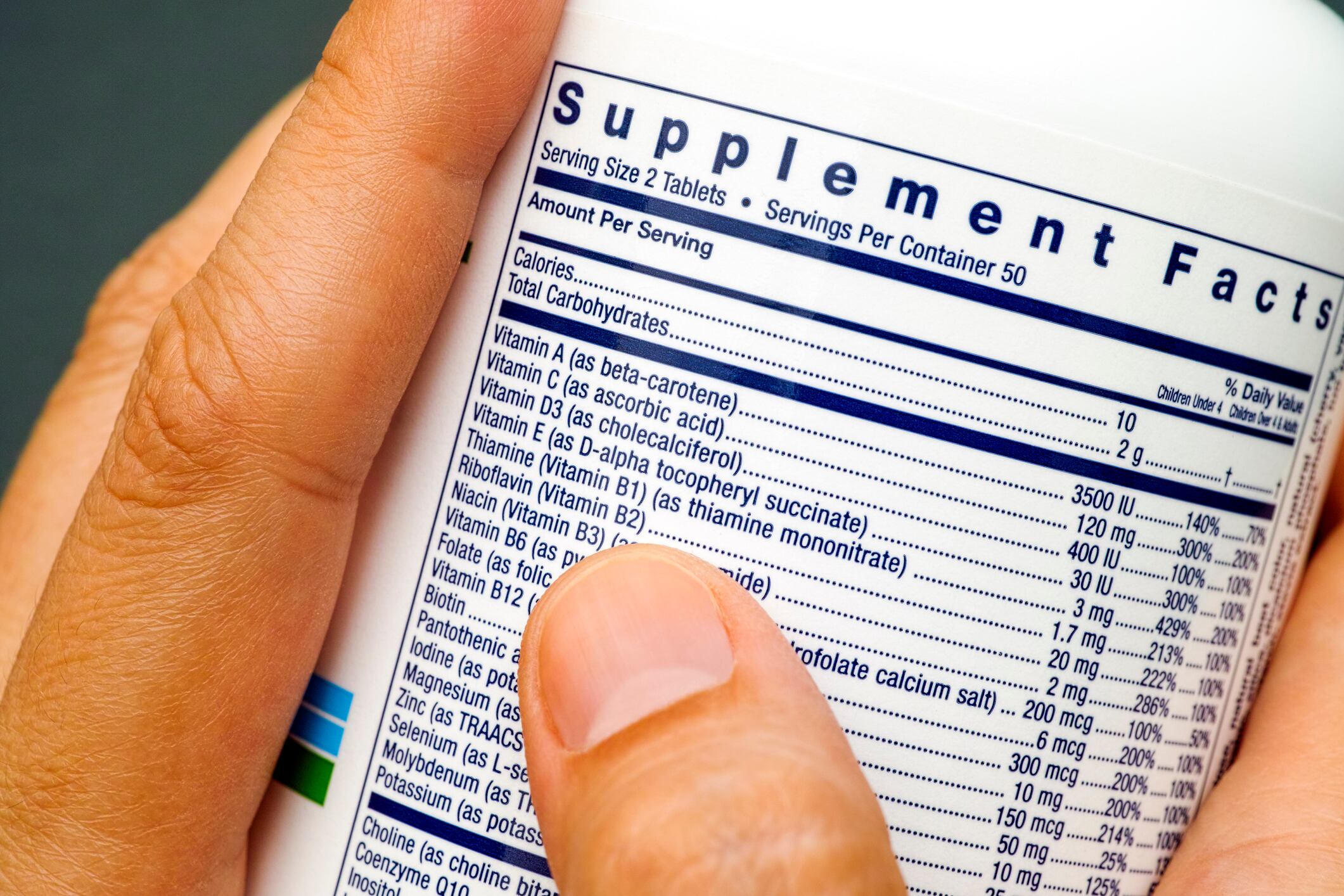The Food Safety Authority of Ireland (FSAI) recently conducted a study to assess the safety of zinc and selenium containing supplements, as part of ongoing monitoring in this area.
The findings of the study were presented at the Nutrition Society Irish section meeting conference in Technological University of the Shannon, Athlone, earlier this month (14 June).
Martyna Sanecka, FSAI placement student, presented the report, explaining the reason for differences between labelled and measures amounts of nutrients in food supplements.
"The labelled nutrition declaration on food supplements is based on the average nutrient content, and variation between the product and label is normal within certain boundaries in order to account for factors such as nutrient stability.
"For this reason that the European Commission published guideline nutrition labelling tolerances in 2012, that set these permittable boundaries to ensure that deviations from the labelled value do not mislead the consumer. For minerals, the tolerance for food supplements in +45% -20% of the labelled value."
Sanecka explained that checking the actual contents of these supplements is very important because consuming too much can lead to adverse health effects.
"Excess zinc is associated with gastrointestinal disturbances while chronic toxicity can lead to anaemia, neutropenia and bone abnormalities, whilst excess selenium is associated with nail-abnormalities, skin lesions and changes in peripheral nerves."
The study
For the recent market quality check, environmental health officers of the Health Service Executive collected zinc and selenium supplements intended for adults and/or children >1year.
Each of the 12 zinc and 10 selenium containing supplements were measured by Galway Public Analyst Laboratory between 1-3 times using accredited methods, in November 2021. Measured values were compared with labelled values, assessed in line with tolerances for nutrient values and tolerable upper intake levels (ULs).
When investigating the difference between labelled and measured values, it was found that most zinc (86%) and selenium (78%) samples contained less of the nutrient than the labelled value, while fewer zinc (9.5%) and selenium (17%) samples contained more of the nutrient than the labelled value indicated. No variation was found in one zinc and one selenium supplement.
Most sampled supplements (89%) were found to conform with nutrient labelling tolerances, however one zinc sample exceeded the +45% tolerance and three zinc samples fell below the -20% tolerance.
When a risk assessment approach (comparing the amount of the nutrient in the product plus the dietary intake (for the highest consumers) against the UL) was applied, 41% of zinc containing supplements exceeded the UL across 8 population groups by up to 86%.
Interestingly, all of the supplements suitable for 1-6 year olds exceeded the UL, as existing dietary intake data alone for this age group exceeds the UL. No selenium containing supplements in this study exceeded the selenium UL for any population group.
Sanecka summarised: “It is clear that some of the zinc supplements in this study were found to be non-conformant with the EU nutritional tolerances, but overall, most values for both nutrients were within the permitted nutrient tolerances, and did not exceed the UL.”
She concluded with a number of recommendations: “This study highlights the importance of continuous monitoring by the FSAI to ensure the safety of food supplements on the Irish market. Therefore, the sampling work should continue to enable the monitoring of other nutrients in the future. Furthermore, the zinc UL and dietary intake data for 1-6 year olds should also be investigated.”


